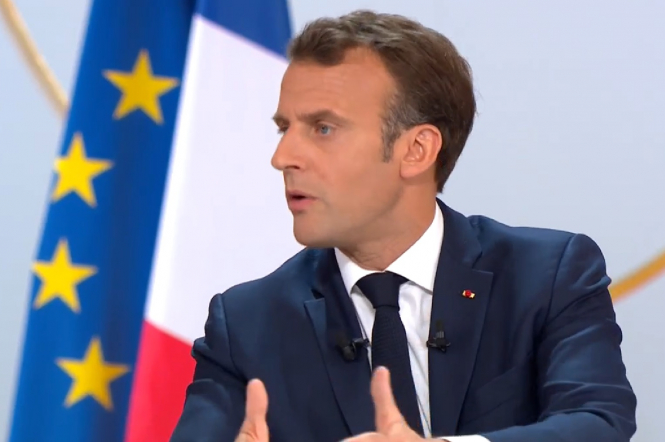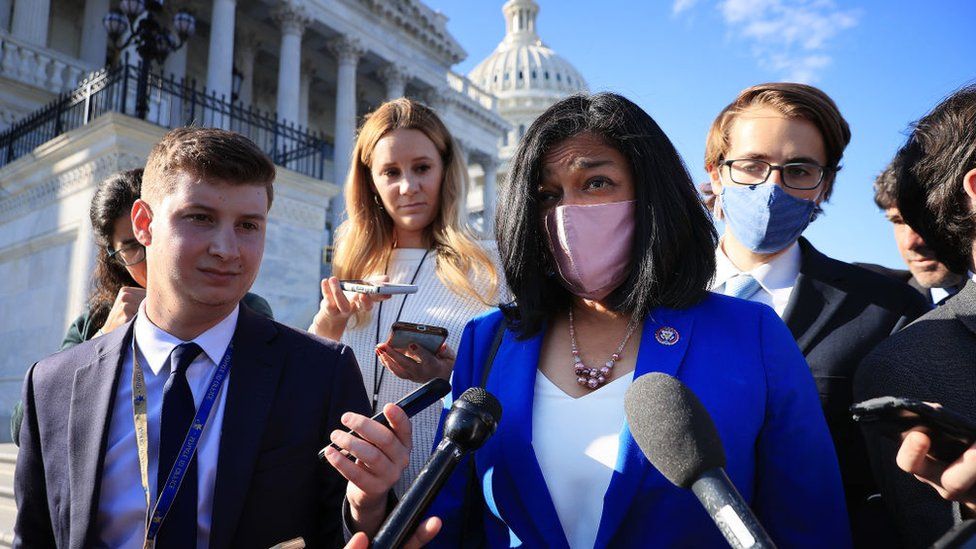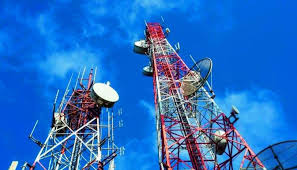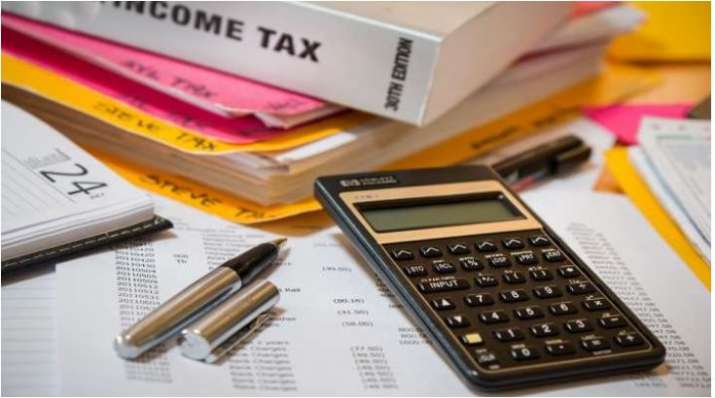‘Resume French way of life’: Macron lays out four-stage plan for lifting France’s lockdown

French President Emmanuel Macron detailed on Thursday how France will lift its "partial lockdown" in a series of steps including ending the nighttime curfew and reopening cafés, bars and gyms.
Detailing the long-awaited reopening plan, the president chose an interview with a group of French regional newspapers, rather than his usual TV broadcasts.
The president has opted for a four-stage process, with three weeks between each stage in order to assess the impact on Covid numbers.
As with previous reopening plans, the latter stages are dependent on the health situation remaining under control and could be pushed back if numbers start to climb again.
There is also an option for regional measures if some places still have high Covid rates.
Macron in his interview with papers including Le Parisien said: “I am confident that the whole of France will be able to move to the May 19th stage.
“The measures will be national, but we will be able to activate ’emergency brakes’ in areas where the virus is circulating at too high a rate.”
Reopening could be delayed in any town or département which has a 7-day incidence rate of more than 400 new cases per 100,000 people, a sudden jump in rates and intense pressure on local health services.
The reopening plan will now be the subject of consultation with businesses and other stakeholders, before Prime Minister Jean Castex presents a more detailed version during the week of May 10th.
Here’s the outline of the plan:
Monday, May 3rd
Travel rules will be lifted with the end of the 10km rule and no more need for attestations for anyone out between 6am and 7pm.
Secondary schools go back to in-person classes after four works of holidays and distance learning while high schools (lycées) return to a minimum of 50 percent of in-person classes. The percentage of in-person versus online teaching will be set by each school.
All other rules remain the same.
The following will happen only if the health situation allows, and could be done on a regional basis:
Wednesday, May 19th
- Curfew will be pushed back to 9pm from the current 7pm start.
- Reopening of the “non-essential” shops which are currently closed
- Reopening of cinemas, theatres and museums, with number restrictions
- Reopening of open-air sports facilities
- Cafés, bars and restaurants will be able to reopen their outdoor terrace spaces only, with a maximum of 6 people per table
- Gatherings of up to 10 people allowed again in public places
- Reopening of open-air or covered sports facilities to spectators, with number restrictions
Wednesday, June 9th
- Implementation of a pass sanitaire – a ‘health passport’ showing either a vaccine certificate or recent Covid test that will be compulsory to access certain areas or events
- Curfew pushed back to 11pm
- Cafés, bars and restaurants allowed to reopen indoor spaces, with a maximum of 6 people per table
- Possible public events including concerts and sports matches with a maximum of 5,000 people – only with a pass sanitaire
- Opening borders to non-EU tourists and visitors – only with a pass sanitaire, more details HERE
- Relaxation of the rules on remote working to allow people back to offices and workplaces
- Reopening of public meeting rooms with a maximum of 5,000 people – only with a pass sanitaire
- Reopening of indoor sports centres and gyms
Full details of exactly how the ‘health passports’ will work have not yet been revealed, but here’s what was involved in a pilot scheme of the pass.
For people in France wanting to access large gatherings, concerts etc this would be via the TousAntiCovid tracker app, which has recently been updated to allow test results and vaccine certificates to be scanned. The app then creates a QR code which can be read by staff at events or concert venues.
Exactly how this will work for international travellers is for the present less clear, especially since the EU are also in the process of creating a digital pass which France is keen to use.
Wednesday, June 30th
- End of the curfew
- Possibility of events of more than 1,000 people, indoors or outdoors. Entrants will need a valid pass sanitaire
During the interview, Macron said it was time to start “resuming our French-style way of life”, citing the need for “conviviality”, culture and sport.
But people needed to remain “careful and responsible”, he said.
Macron, who is expected to seek re-election next year, drew strong criticism for rejecting calls by medical experts to order a third national lockdown in late January to bring down a stubbornly high coronavirus caseload.
Two months later he finally relented and introduced a partial lockdown from April 3rd.
In the interview with regional media he defended his handling of the health crisis, saying: “We were enlightened by science and took the decision to prioritise the human aspect above all.”
He added: “The daily life of the country cannot be reduced to the evolution of infection curves. I am obliged to look at the consequence of the closure of a school, when a child will not have a meal a day; or the consequence when a business is asked to close for several weeks. I know their distress today. We must take all of this into account.”
The president said that the big difference between this and previous reopenings was the vaccine programme, although he resisted calls to scrap the priority groups system and allow everyone to access a vaccine.
He said: “We will continue to prioritise by age because it is the most effective. Vaccinating the most vulnerable reduces the pressure on hospital services.
“But we have doses in stock. We are therefore going to open up vaccination to all those over 18 years of age who are seriously overweight (BMI greater than 30) as of May 1st. I invite the 2.3 million French people concerned to go to the vaccination centers starting this weekend.”









Comments